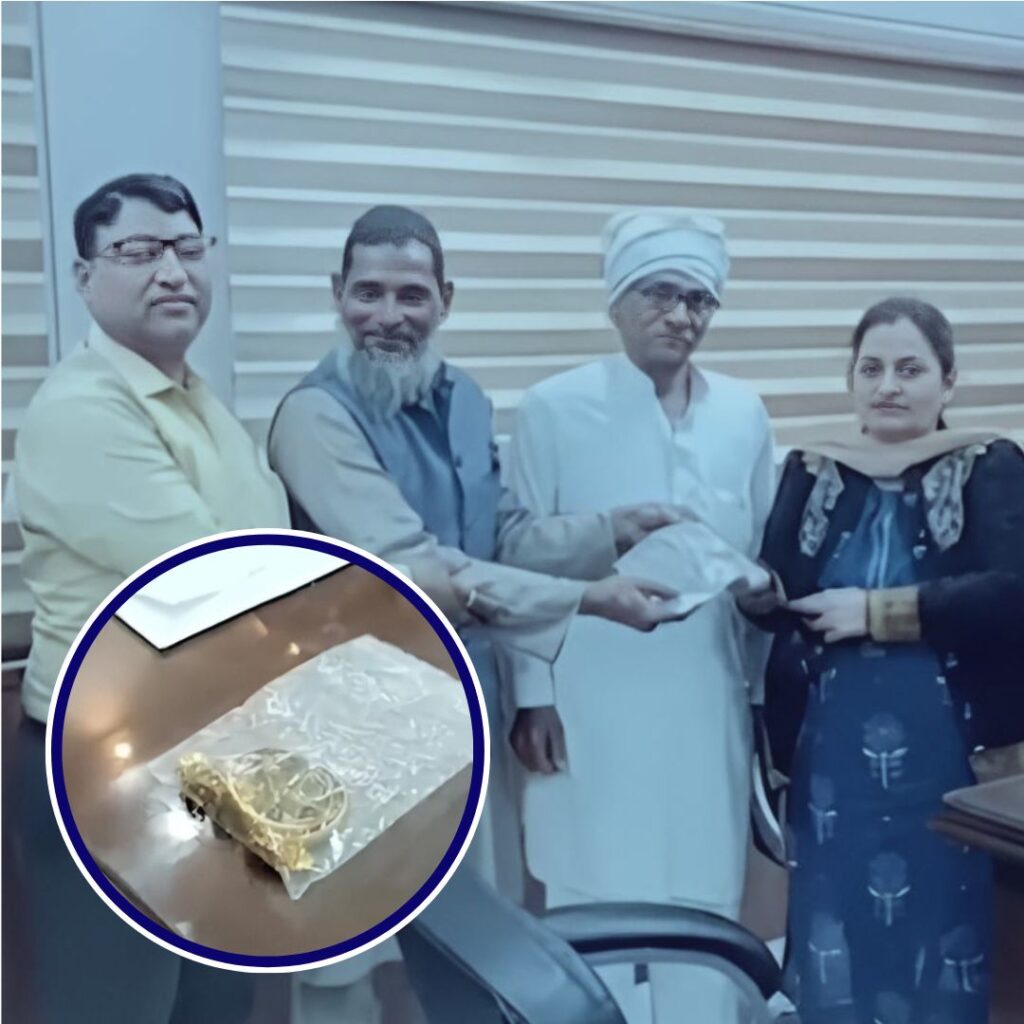A case has been registered against Ola Electric founder Bhavish Aggarwal and senior executive Subrat Kumar Das after the death of 38-year-old engineer K. Aravind in Bengaluru, who accused them of workplace harassment, non-payment of dues, and mental pressure. Aravind, employed since 2022 as a Homologation Engineer, reportedly consumed poison on September 28.
A 28-page handwritten note found later alleged prolonged harassment. The FIR was filed on October 6 under Sections 108 and 3(5) of the Bharatiya Nyaya Sanhita. Ola Electric has denied the allegations, challenged the FIR in the Karnataka High Court, and obtained interim protection for its leadership while pledging full cooperation with the investigation.
Employee’s Death and Family’s Allegations
According to police, Aravind’s brother discovered the handwritten note, which named Aggarwal and Das and detailed claims of harassment, delayed salary payments, and constant work stress. The note reportedly described intense pressure and alleged denial of rightful financial allowances, citing them as reasons for his despair.
Police confirmed that he consumed poison at his Chikkalasandra residence and was rushed to Maharaja Agrasena Hospital, where he succumbed. The FIR, registered at Subramanyapura Police Station, invokes abetment to suicide and common intention provisions. The family has also questioned a ₹17.46 lakh transaction from Ola Electric made two days after his death, calling it suspicious.
Ola Electric’s Response and Legal Developments
In response, Ola Electric issued a statement expressing sorrow over Aravind’s death, stressing that he never filed any official complaint about workplace harassment during his three-and-a-half-year tenure. The company maintained that Aravind’s role as a Homologation Engineer did not involve direct dealings with the top management, including Aggarwal.
It added that the settlement transferred to Aravind’s bank account followed due process and was meant to support his family immediately after his demise. Ola has challenged the FIR in the Karnataka High Court, which granted protective orders in its favour. A company spokesperson reiterated that Ola Electric is cooperating closely with investigators and remains committed to a respectful, safe work environment.
Broader Concerns on Workplace Well-being
This incident has reignited national conversations around India’s corporate culture, mental health, and employee welfare. Aravind’s case underscores the urgent need for robust grievance mechanisms and better mental health support in high-stress industries like electric mobility and technology.
Experts note that while innovation drives progress, it must not come at the expense of humane and supportive work conditions. Ola Electric’s case is likely to set a precedent for accountability and workplace ethics across India’s expanding start-up ecosystem.
The Logical Indian’s Perspective
The death of a young engineer under alleged workplace distress is a stark reminder that success should never overshadow compassion. As India’s workforce navigates the challenges of ambition and performance culture, companies carry a moral duty to ensure emotional safety, fairness, and dignity for all employees. Transparent investigations and corporate sensitivity can help bridge the trust gap that tragedies like this expose.












